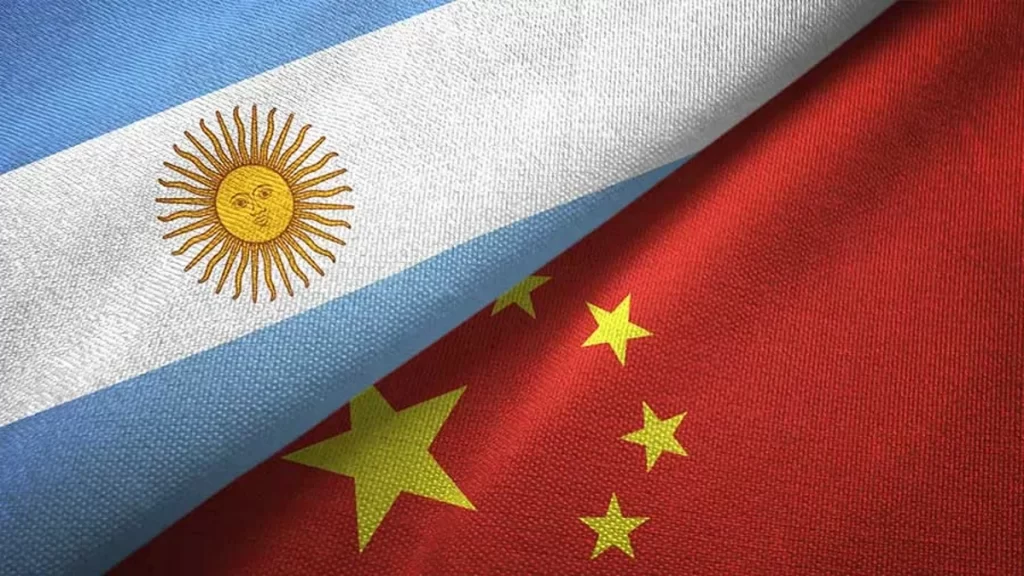Earlier this month Argentina signed a memorandum of understanding (MOU) where it agreed to join the Belt & Road Initiative (BRI). Argentina signed on to the BRI program following President Alberto Fernández’s bold announcement during a visit to Russia earlier this month. In this visit, Fernández stressed the need for Argentina to become independent of the US and global institutions like the International Monetary Fund (IMF).
The BRI is China’s most prominent geoeconomic tool where it uses infrastructure investment to forge novel economic and political ties with nations participating in this program.
In signing this MOU, Argentina became the 21st country from Latin America and the Caribbean to join the BRI fold.
The BRI was rolled out in 2013 and made inroads into Latin America and Caribbean in 2017 when Panama became the first country to join the initiative.
Curiously, Panama made this move five months after it broke diplomatic ties with Taiwan and adopted a “One-China” policy. China views Taiwan as a rogue province and has expressed steadfast support reunifying the island with the mainland, even if it means using military force should Taiwan formally declare its independence.
Trade between China and Latin America has been on an upward trend over the past decade. In the year of 2021, trade value between the two blocs reached $450 billion. Before the Wuhan virus pandemic struck, trade between Argentina and China roughly totaled $16 billion on an annual basis in recent years.
In light of this new geo-economic development, Florida Republican Congressman Matt Gaetz declared that “Argentina has latched itself to the Chinese Communist Party.”
“While the Biden administration, the media and many in Congress are beating the drums of war for Ukraine, there is a far more significant threat to our nation accelerating rapidly close to home,” the Florida Congressman added.
“China is a rising power. Russia is a declining power. Let us sharpen our focus so that we do not join them [the Russians] in that eventual fate,” Gaetz said in his concluding remark.
China’s latest move to bolster economic ties with Argentina will likely provoke similar statements of concern from elected officials.
There are already whispers in the hall that the Espacio Lejano space station located in Loncopué Department, Neuquén Province, Argentina has a dual use military function. It remains to be seen how Chinese-Argentina relations pan out in the future.
China has already made decent economic and diplomatic gains in Latin America and used its influence to gain legitimacy on the world stage. For example, it has gotten countries such as Nicaragua to recently adopt the One-China policy with regards to the question of Taiwanese independence.
China’s growing presence in Latin America is perhaps a natural response to the US’s outsized presence in the Asia-Pacific. With US military forces parked in countries like Australia, Japan, the Philippines, Singapore, and South Korea, China is effectively encircled. As a result, it will try to respond against the US in kind by increasing its economic, and potentially military, presence in the Western Hemisphere — the US’s historic geopolitical backyard.
This is realism 101. Countries have spheres of influence and they go to great lengths to secure them. China is no different.
The US will need to rethink its current foreign policy of policing the whole globe and consider a more reasonable policy of retrenchment. That would involve it going back to its roots of using the Monroe Doctrine to delineate its red lines and other activities that it will not tolerate from other external actors. However, this will require the US to give up on its imperialist project — something that the American ruling class will likely never consider. The temptation to make the entire globe an American sphere of influence is too strong of a temptation for these people.
